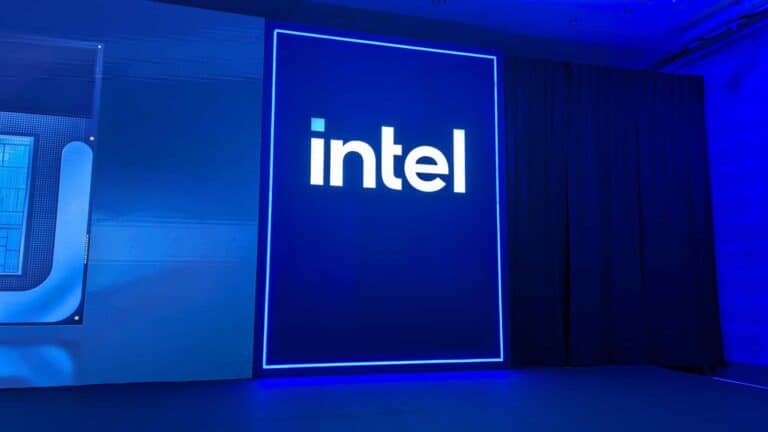Higher-end Intel Core processors of the 13th and 14th generation have been struggling with stability problems for months. An update to the microcode should be the lifesaver, with (almost) no negative impact on performance. Meanwhile, it is slowly becoming clear which generations of Intel chips are on the horizon.
Intel was already forced to stretch the warranty for Intel 13th/14th gen chips. In recent months, users reported en masse that their processors were unstable. Widespread reports of crashing applications and blue screens emerged at an advancing rate. The culprit: excessive voltage. Via a new microcode update, Intel will thus limit the voltage to 1.55V. That’s still a hefty number: even water-cooled AMD Ryzen chips rarely stay stable at 1.45V with manual overclocks.
No loss of performance?
Despite the limitation, Intel claims that performance in heavy applications won’t deteriorate. Benchmarks in well-known tools such as 3DMark: Timespy, Cinebench and Blender display performance metrics that are within run-to-run variance, according to internal testing. The same goes for games, where the number of frames per second delivered usually remains the same. However, Phoronix.com discovered situations where the chip is up to 10 percent slower. Python scripting on average runs between 6 and 9 percent slower than before. It’s a specific use case, but a measurable difference. That instance aside, Intel’s claims seem largely justified.
With that, perhaps the saga concerning the instability of recent Intel chips can come to an end. The reported problems alone produced no meaningful response from Intel until the controversy came under a magnifying glass via social media channels. Several microcode updates focused primarily on mitigations, but the latest (0x129) directly addresses the problem of rising voltages.
Looking ahead
Intel will hope to quickly forget the problems. Still, it is very much facing a headwind at the moment. The company had to cancel its own Innovation event for developers in late September and saw a historic share price drop after disappointing quarterly earnings.
Meanwhile, Intel is near a new generation of desktop and laptop chips. Lunar Lake is launching soon for laptops, while Arrow Lake will be the intended successor to the now quite infamous 14th generation Intel Core chips on desktop.
After Arrow Lake, Nova Lake will follow, presumably in 2026. In the meantime, a refresh of Arrow Lake is expected, just as Raptor Lake was divided between 13th-generation and a refreshed 14th-generation chips. In the laptop area, Panther Lake will succeed Lunar Lake in 2025.
